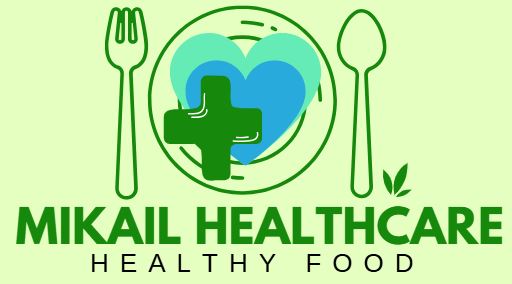As we age, our bodies go through many changes—and so do our nutritional needs. For people over 50, eating well is essential for staying strong, active, and independent. A healthy diet can help prevent common age-related issues like weakened bones, heart disease, and digestive problems. Let’s explore some key nutrition tips for people over 50.
1. Prioritize Protein for Muscle Strength
Muscle mass naturally decreases with age, which can lead to weakness or balance issues. Eating enough protein helps preserve muscle strength and support recovery from injuries.
Good sources of protein include:
- Eggs
- Fish
- Lean meats (like chicken or turkey)
- Lentils and beans
- Greek yogurt
Aim to include protein in every meal, not just dinner.
2. Keep Bones Strong with Calcium and Vitamin D
After age 50, the risk of osteoporosis increases. That’s why calcium and vitamin D are important for keeping bones healthy.
Calcium-rich foods:
- Low-fat dairy products
- Leafy greens (like kale or spinach)
- Almonds
Vitamin D sources:
- Sunlight (10–15 minutes a day)
- Fortified milk or cereal
- Fatty fish (like salmon)
If needed, a doctor may recommend supplements.
3. Eat More Fiber for Digestion
Digestive issues can become more common after 50. Fiber helps keep the digestive system working smoothly and can also lower cholesterol.
Fiber-rich foods:
- Whole grains (like oats or brown rice)
- Fruits (like apples, berries, and bananas)
- Vegetables (especially broccoli, carrots, and beans)
- Nuts and seeds
Try to drink plenty of water along with fiber to avoid constipation.
4. Limit Salt and Sugar
Too much salt raises blood pressure, while excess sugar adds calories without nutrition. As metabolism slows down with age, it’s important to avoid these two.
Tips to reduce salt and sugar:
- Read food labels
- Cook at home more often
- Flavor food with herbs and spices
- Choose natural snacks like fruit instead of candy
5. Stay Hydrated
Older adults may not feel thirsty as often, but hydration is still vital. Dehydration can lead to tiredness, dizziness, or even confusion.
Easy hydration tips:
- Drink small amounts of water throughout the day
- Eat water-rich foods like cucumbers or oranges
- Carry a refillable water bottle
6. Watch Portion Sizes and Weight
Appetite and physical activity may change with age, but it’s still important to maintain a healthy weight. Focus on balanced meals, moderate portions, and regular movement (even light walking or stretching).
Conclusion
Eating well after 50 doesn’t mean giving up your favorite foods—it just means being more mindful about what your body needs. With the right mix of nutrients, older adults can stay energetic, independent, and healthy for years to come.

